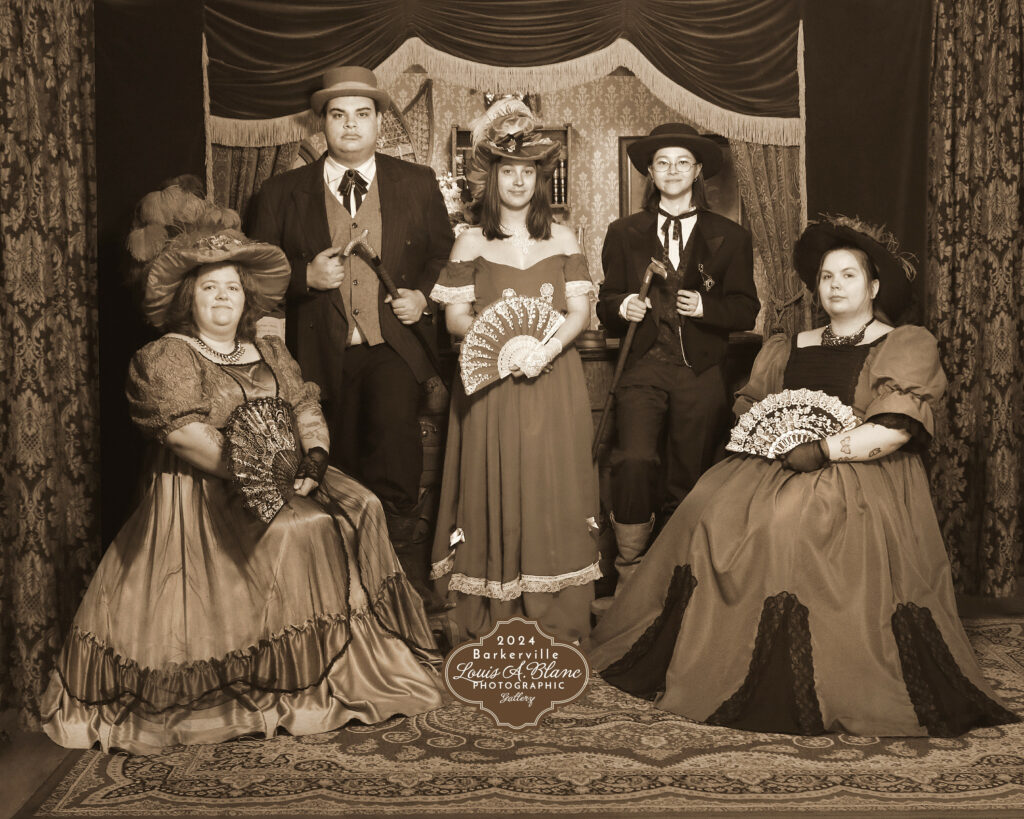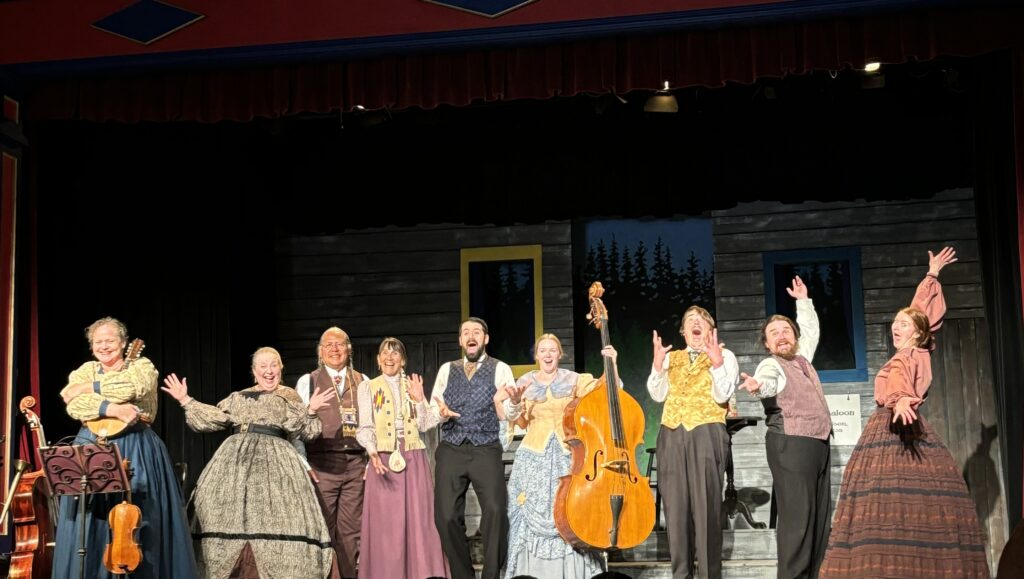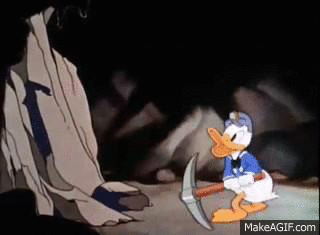My education program went on a field trip to Barkerville for two days.
Day One: We first stopped at Blessings grave and learned about the history and to do an activity. We talked about in groups what we could do if we brought students there and it was interesting to hear the different grade level ideas. Next we stopped at a cemetery to learn more history and more activities. We did sketches of what we saw and shadows. We then did some gold panning. I found no gold but I grew up gold panning so it wasn’t to sad for me. We then stopped in Wells at the Elementary school to listen to some of the kids give presentations on the area and the people who used to live there. We then got a tour from the students followed by a bog walk from the teachers. Then it was time to head to our sleeping accommodations. My friends and I chose to stay in a cabin. The campsite we were at wasn’t open to the public so it was just us and other people from the program which was nice to have our own space. We set up camp very quick but it was hard to keep our fire going without so much smoke. Further into the night everyone form the program came to the campsite to do a big class fire. We talked about the practicum, ate food and enjoyed each others company. Then More fire and smoke throughout the night. Lastly, when it was time to go to sleep we tried to turn on our heat but it wasn’t working. So we left it on not thinking of it (on full blast). I woke up in the middle of night to go to the washroom. It was really weird to be up and it wasn’t pitch black outside it was more grey and hazy. Oh and our heat decided to work and it created a sauna in the cabin. I just left it because I was freezing majority of the night so I kind of enjoyed the heat.
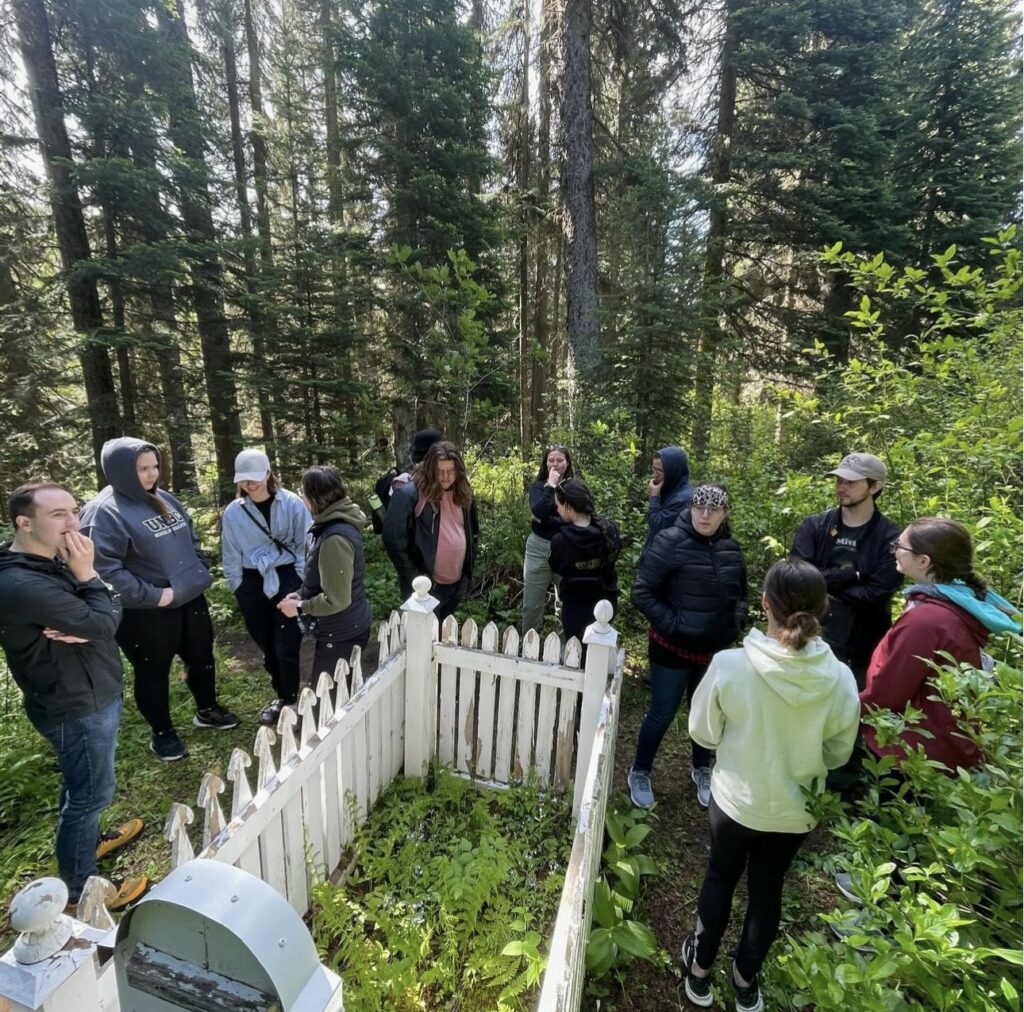
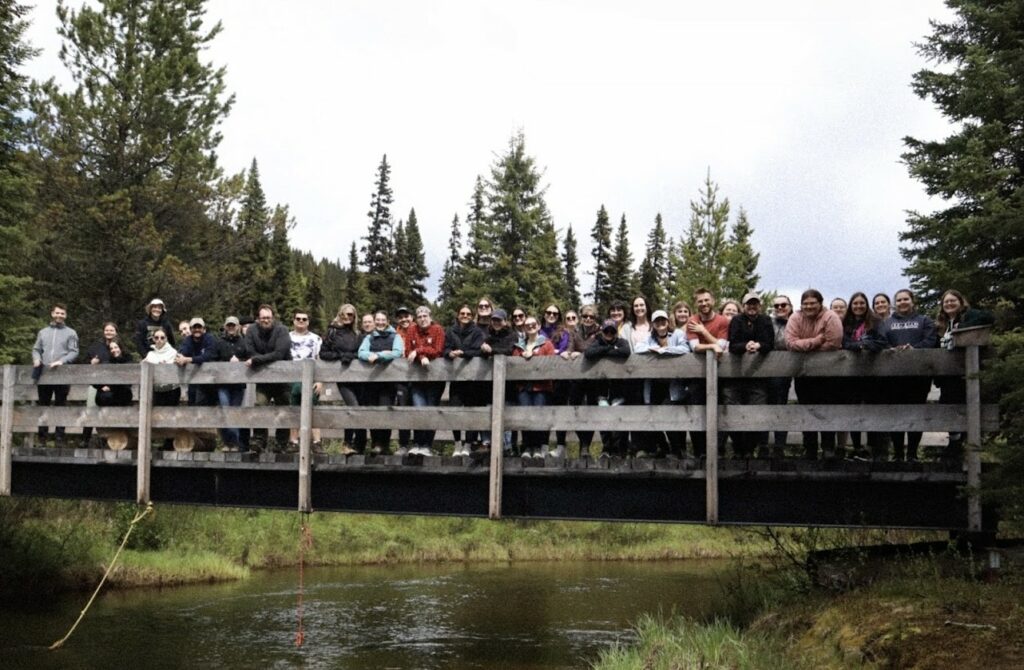
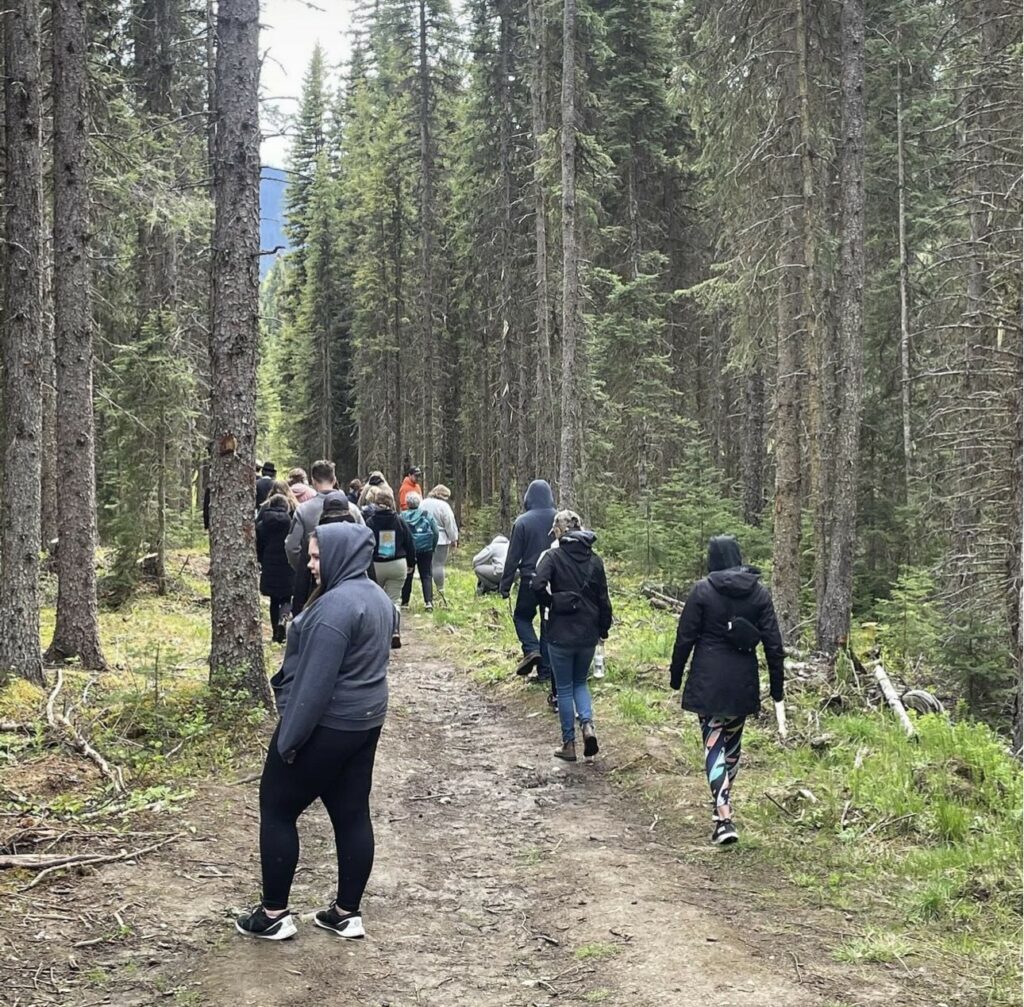
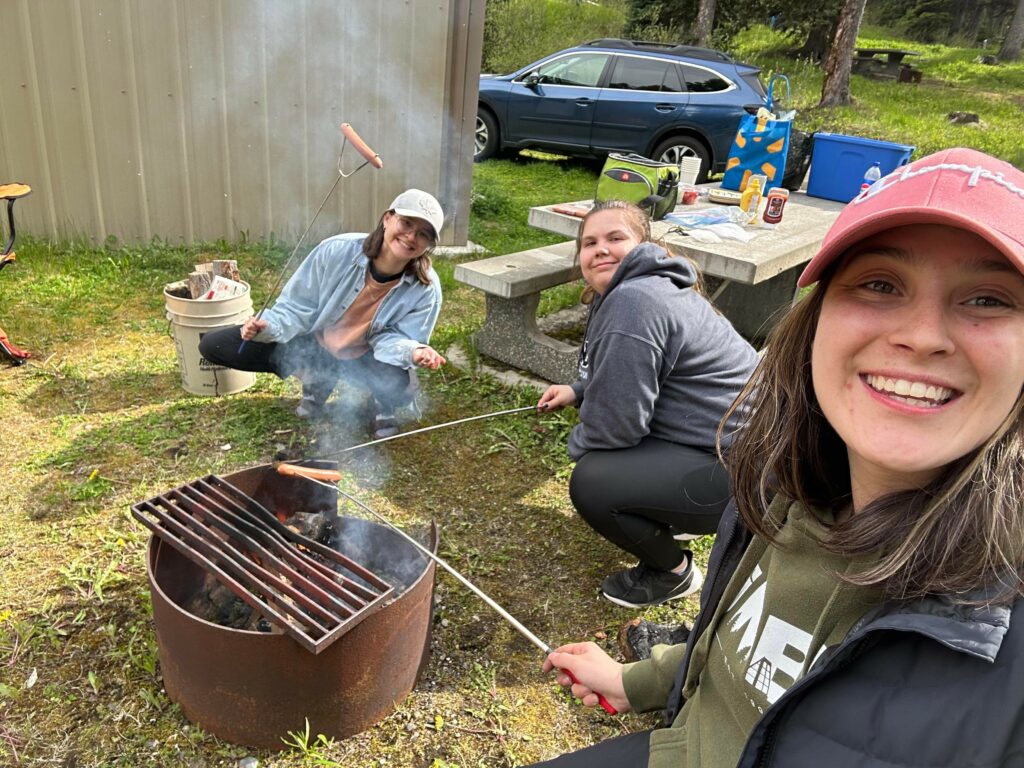
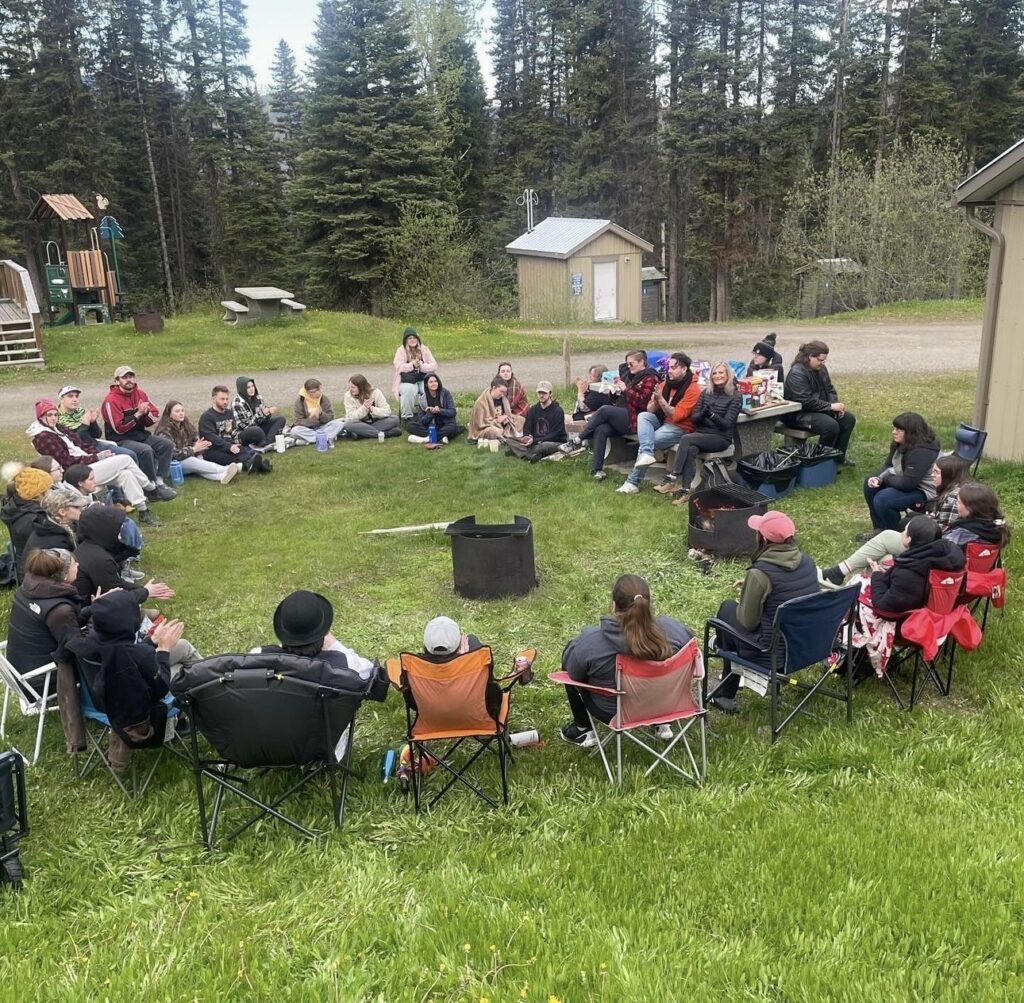
Day two: Now it was time to head into Barkerville. We listened to the morning drumming. Which was a powerful thing to be a part of there. I’m glad they are bringing in more of the Indigenous perspective. We had breakfast at Wake Up Jake’s while waiting for the bakery to open. The food was really good and the portions were huge. We then got in line for the bakery. Everyone kept talking about the sourdough bread so I had to see if it lived up to the hype. Everything looked so good I got a doughnut which was huge and some of the bread. (It all lived up to the hype.) We explored Barkerville going into the shops and the houses. We also got a picture done. Which was really fun to dress up and be in a fantasy for a while. Then we explored more, we met up again as a program to talk about our days till it was time to go to the theater. I haven’t been to the theater there before. It was really funny and a great way to end the day. Lastly we went to the candy store. There were so many options to choose from but we all left with some delicious goodies. Back home I had a shower I could smell the campfire smoke leave my hair. Overall, it was long trip but really good experience.
